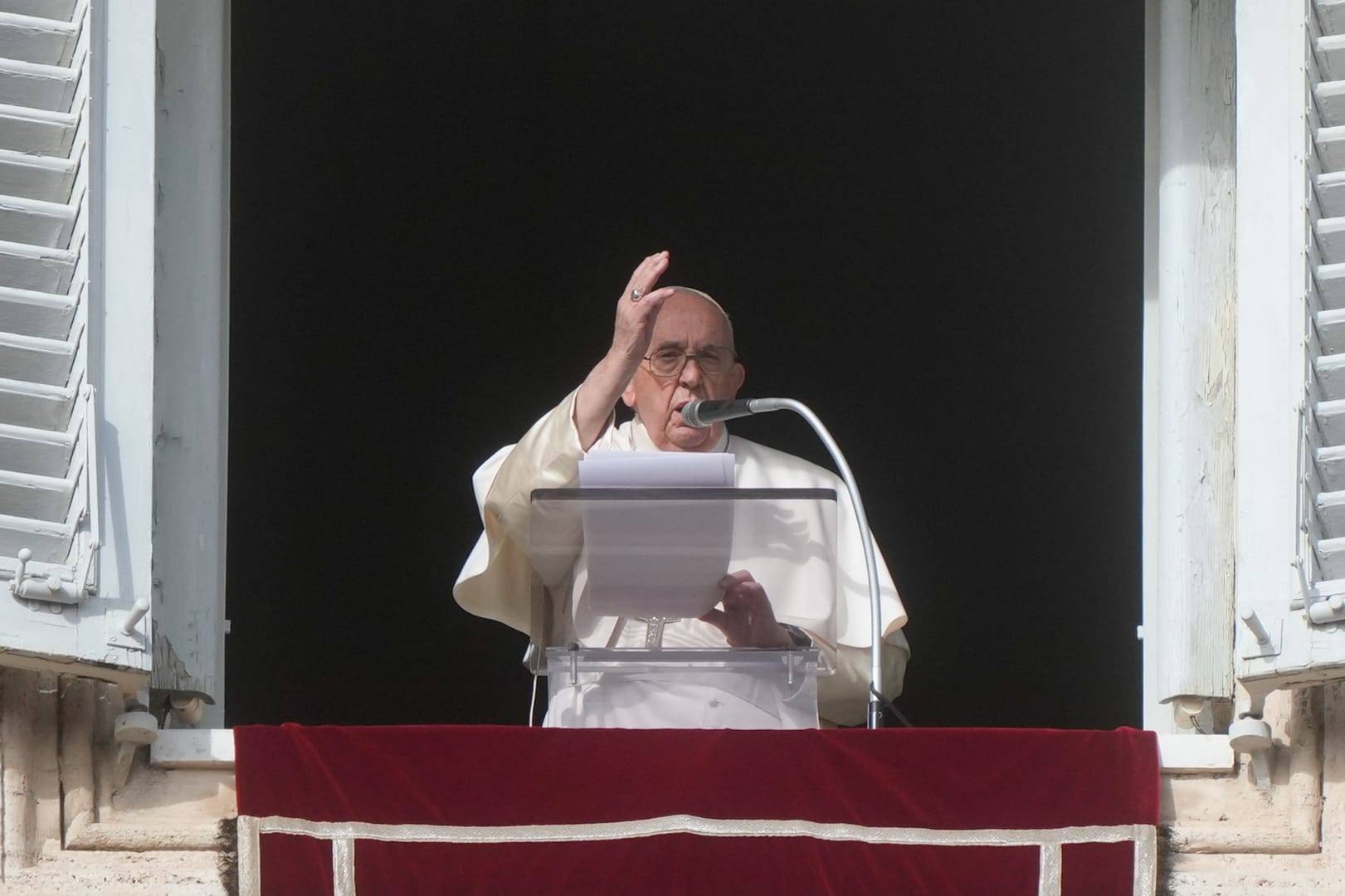MUMBAI, India – One of India’s most influential politicians was laid to rest last week with full state honors, leaving behind a legacy that illustrates two truths about the country’s politics: Effective uprisings against religious discrimination can work, and even more so, political opportunism works every time.
The funeral for 68-year-old Jayalalithaa Jayaram, the longtime chief minister of India’s southern Tamil Nadu state, took place on December 6 at Marina Beach, Chennai, formerly known as Madras, on India’s southeast coast.
Jayalalithaa passed away on Monday night at the Apollo Hospital in Chennai, bringing to an end the journey of the film star-turned-politician who was called “Amma” (mother) by her many supporters.
Tens of thousands of mourners joined her funeral procession, including Prime Minister Narendra Modi and President Pranab Mukherjee along with nine chief ministers.
Jayalalithaa was considered a very effective politician, winning the hearts and minds of the people of Tamil Nadu who before had been extremely loyal to an opposing socialist political party called the DMK.
In an interview with Crux, the director of CITRA (Center for Information, Training, Research and Action), Jesuit Father Xavier John Bosco, asked the question, “How could the people of Tamil Nadu, who took pride in the DMK that followed the policy of Ramasamy Periar, a great social revolutionist, against Brahminism and the Brahministic philosophy of caste and gender discrimination, make Jayalalithaa, a Brahmin woman, almost a goddess and worship her?”
The best answer to that question, Bosco suggested, seems to be that she had a gift for political opportunism, and launched several public welfare schemes under her nickname of “Amma” which endeared her to the masses.
She was also able to recognize mistakes and correct them.
Jayalalithaa once introduced a highly controversial anti-conversion law, probably to curry favor with the militant Hindu nationalist leadership of India, but when large groups of Dalits, Christians and Muslims came forward to oppose it, she backed down.
Arguably, that shows that effective political organizing in defense of India’s religious and ethnic minorities, including its roughly 30 million Christians, can succeed.
Many observers say Jayalalithaa did not seem to have an ideology other than staying in power, and her political instincts along with her popular social programs for the poor as well as initiatives like recommending a special status for Dalit Christians, made her extremely popular.
Bosco, however, remained unimpressed.
“All the popular schemes of giving bags, sarees, TVs, ovens, etc. made such an impression on the poor, they were ready to die for her,” he said. “The ignorance and the hero worship of the simple and the poor, combined with her shrewd, powerful, and well-planned diplomacy, made her what she was.”

















